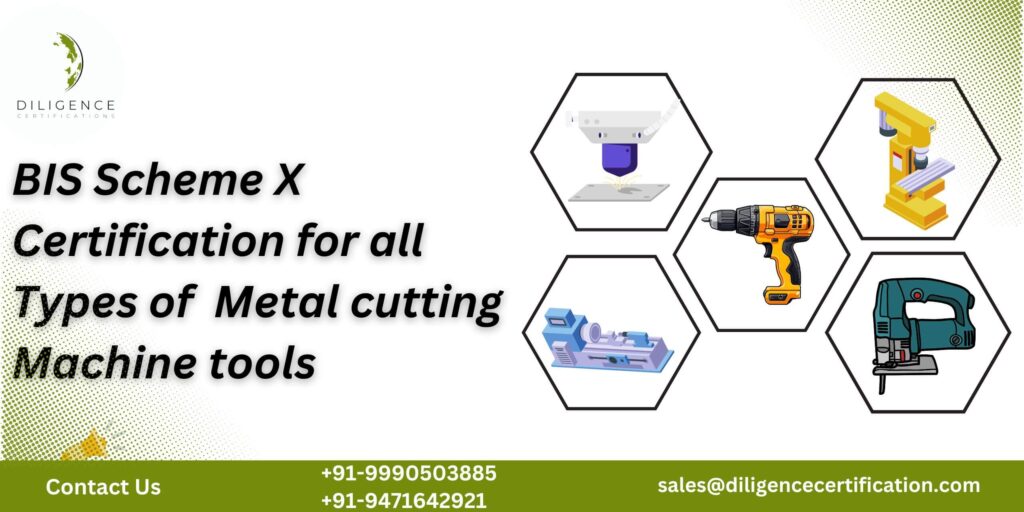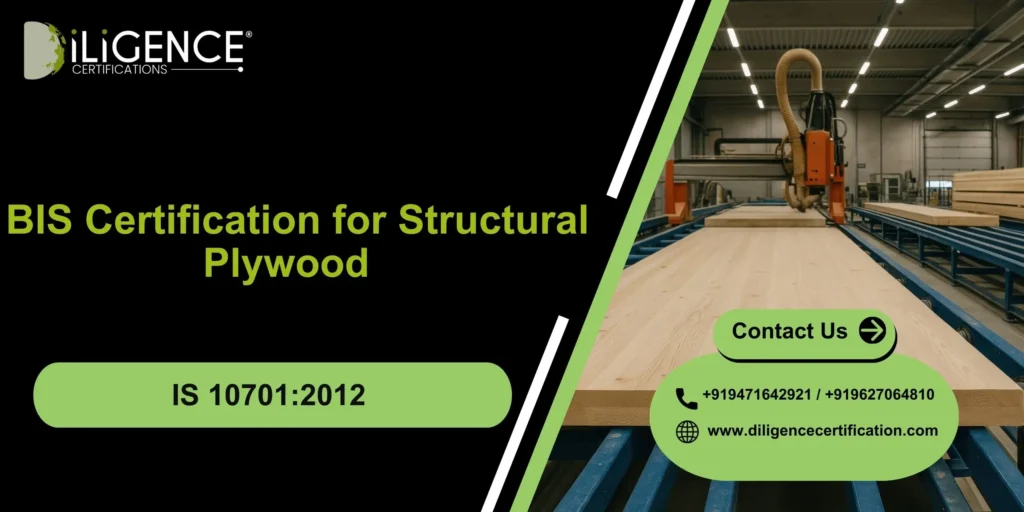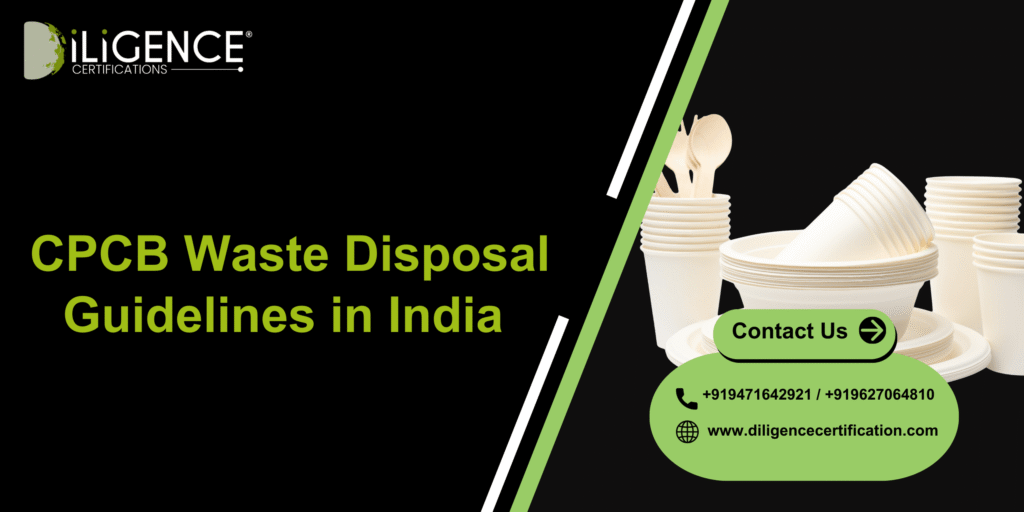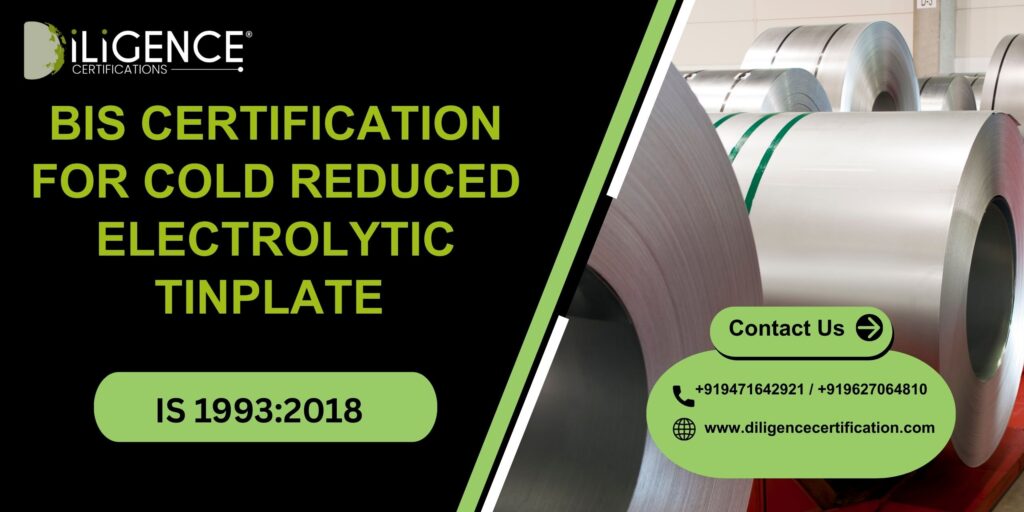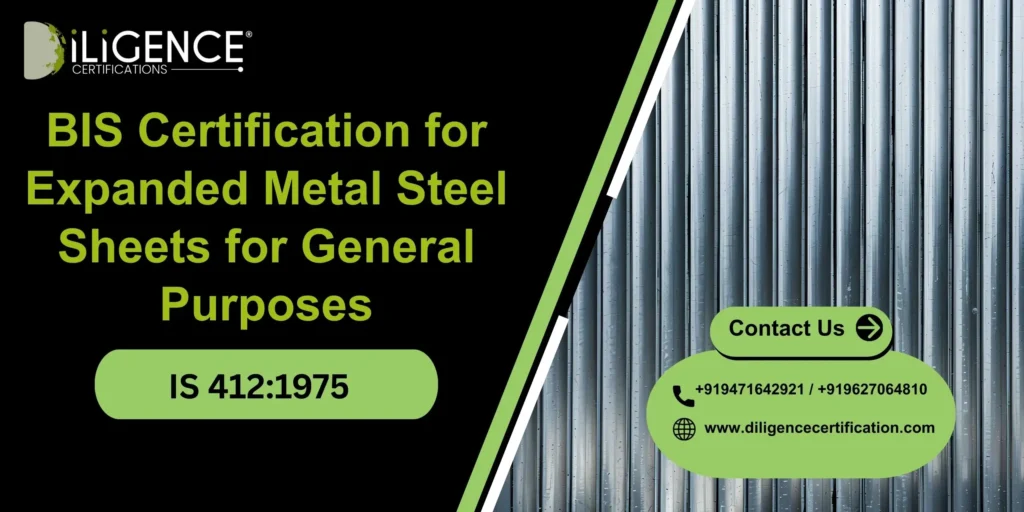- Mandatory under BIS Scheme X as per latest BIS Order.
- Ensures product safety, reliability, and compliance with Indian Standards.
- Required for domestic manufacturing and import of machine tools in India.
- Certification based on test reports, not factory inspection.
- Covers equipment like lathes, milling, CNC, drilling, and grinding machines.
- Increases market trust, especially for industrial and government contracts.
- Non-compliance can lead to penalties or product bans.
Introduction
The Bureau of Indian Standards (BIS) plays a pivotal role in ensuring product quality and safety across industries in India. With the increasing importance of precision and safety in the manufacturing sector, BIS has made certification mandatory for Metal Cutting Machine Tools under Scheme X.

It has a significant place in manufacturing industries, as it has capabilities of precision machining metals for different uses. In India, certification by the Bureau of Indian Standards (BIS) is mandatory for machines to assure quality, safety, and performance. Under BIS Scheme X Certification, the metal cutting machine tools need to conform to the Indian Standards specified before being placed in the market for sale and usage.
The BIS certification process can be quite taxing, and this is where Diligence Certification comes into play. Diligence Certification is a prominent compliance consultant that helps manufacturers obtain the BIS certification smoothly. From documentation support to actively interacting with BIS authorities, Diligence Certification makes sure that the whole process is free from hassle, allowing businesses to comply with regulations on time.
What Are Metal Cutting Machine Tools?
Metal cutting machine tools are heavy-duty machines used to shape or cut metal into precise sizes and surface finishes. These include:
- Lathes
- Milling Machines
- CNC Machines
- Drilling Machines
- Grinding Machines
They are commonly used in the automotive, aerospace, tool manufacturing, defense, and construction industries. Since these tools impact safety, productivity, and durability, it is important to regulate their quality.
Why Is BIS Certification Mandatory for These Tools?
Reasons Behind the Mandate:
- Safety Compliance: Ensures the tools are safe for workers and industrial use.
- Performance Assurance: Standardized tools offer consistent performance in precision tasks.
- Trade Regulation: Prevents the import of substandard or unsafe equipment into Indian markets.
- Product Traceability: Helps identify manufacturers in case of product failure or defects.
- Market Entry Approval: Certification is often necessary for public tenders and large projects.
According to BIS Order 2024, several metalworking machines now require mandatory certification.
Understanding BIS Scheme X for Metal Cutting Machines Tools
What Is Scheme X?
BIS Scheme X is a certification program for products that do not fall under the ISI Mark (Scheme I). With Scheme X, manufacturers can seek certification based on product conformity assessment, rather than factory inspection.
This approach suits industrial machinery, such as metal cutting machine tools.
Key Features of Scheme X:
- No required factory inspection.
- Self-declaration of conformity with Indian Standards.
- Open to both domestic and foreign manufacturers.
- Faster process compared to Scheme I.
Key Aspects of BIS Scheme X for Metal Cutting Machine Tools
Obligatory Certification- Metal-cutting machine tools must have their mandatory certification from BIS to fulfill safety and quality standards.
- Quality Assurance-Compliance with BIS of machines guarantees that they can be used with precision, durability, and safety in the industrial operations.
- Regulatory Compliance –BIS certification is mandatory for a manufacturer for lawful sales and distribution of metal-cutting machines in India.
- Market Credibility –The market holds higher trust in BIS-certified machines since their buyers believe that their machines will be good.
- Consumer Safety-Compliance mitigates the risks of any malfunction or accidents in the workplace.
- Export Facilitation-BIS Quality certification helps in International Trade through global standards.
- Standardization of Processes – Ensures uniformity within product quality within industries and interoperability across industries.
- Environmental Compliance -The BIS standards also state that they minimize their environmental footprint through energy-efficient and sustainable manufacturing practices.
Diversity of Metal-Cutting Machine Tools Subjected to Certification
BIS Scheme X Certification gives due respect to different kinds of metal cutting machine tools, including:
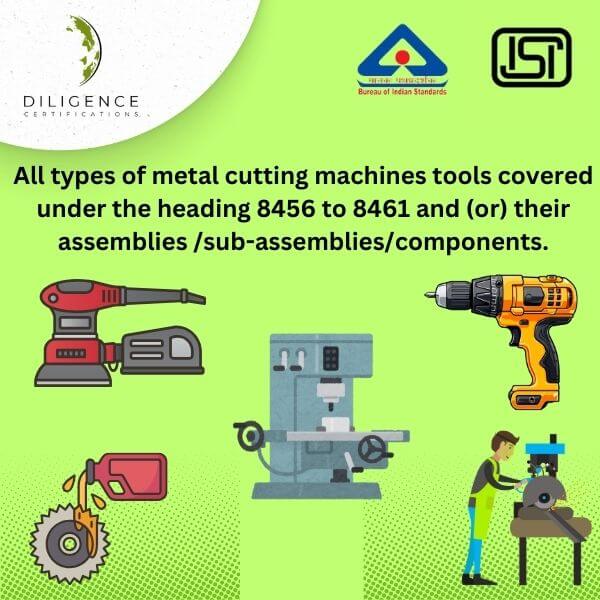
1. Lathe (IS 1878:1992)
- This machine shapes, cuts, and drills metal workpieces.
- Certification is useful for checking accuracy, rigidity, and operational safety
2. Mills (IS 2200:2009)
- An array of machines used for shaping and cutting metals by rotating cutters.
- BIS Certification offers assurance on efficiency and precision.
3. Drill Machines (IS 2425:1997)
- Primarily meant to create holes at specified positions on metallic workpieces.
- Certified machines ensure stable performance and safety features.
4. Grinding Machines (IS 2743:1992)
- Used for the precision finishing of metals.
- These qualities are regulated by BIS with regard to power, speed, and grinding accuracy.
5. Shaping Machines (IS 12067:1998)
- For cutting or shaping metal into desired forms.
- A guarantee that the certification offers smooth and efficient functionality.
6. Band Sawing Machine (IS 13781:1993)
- For the continuous cutting of sheets and bars of metals.
- BIS assures reliability and operational safety.
7. CNC Machines (IS 15491:2004)
- Computer-controlled machines that cut metals with very high precision.
- BIS certification assures automation safety and accuracy.
8. Laser Cutting Machines (IS 15764:2008)
- Machines that cut metals with high speed and precision using laser technology.
- The certification guarantees the precision and operational safety of the machine.
9. Plasma Cutting Machines
- Cutting conductive metals using ionized gas.
- BIS sets forth standards for ensuring electrical safety, precision, and operational efficiency.
10. Water Jet Cutting Machines
- Employs streams of high-pressure water for accurate metal cutting.
- Certification assures safety, energy efficiency, and operations that respect the environment.
Indian Standards Covered Under BIS Scheme X
The Bureau of Indian Standards has enunciated Indian Standards (IS) for each type of metal-cutting machine. Some important standards are:
- IS 1878:1992 – General requirements for lathes.
- IS 2200:2009 – Specification for milling machines.
- IS 2425:1997 – Safety and performance guidelines for drilling machines.
- IS 2743:1992 – Standard for grinding machines.
- IS 12067:1998 – Performance of shaping machines.
- IS 13781:1993 – Safety for bandsaw machines.
- IS 15491:2004 – Specification for CNC machines.
- IS 15764:2008 – Requirements for laser cutting machines.
- IS 23887:2012 – Safety and performance standard for plasma cutting machines.
- IS 26733:2015 – Guidelines on quality assurance for water jet cutting machines.
Documentation Required for Granting Certification
Specific documents are required from manufacturers to obtain BIS certification under Scheme X, as follows:
- Application Form — The proper application is filled in.
- Factory License — Registration proof for the manufacturing facility.
- Test Reports — Testing machines report, from a BIS-recognized lab.
- Quality Control Documentation — Internal quality control system.
- ISO Certificate — If applicable, ISO quality management system certificate.
- Manufacturing Process Flow Sheet — Overview of the production process.
- Product Particulars — Product technical specifications and design drawings.
- Details of AIR — If the manufacturer is foreign-based.
- Calibration Reports — Calibration proof for precision measuring tools used during machining.
- Safety Compliance Reports—Safety tests and evaluations of risk.
- Environmental Compliance Report—Compliance with sustainability guidelines.
Cost of BIS Certification
The cost of BIS certification varies based on different components. These include:
- Application Fees: To be charged as per BIS regulations.
- Testing Fees: Depending on the type of machinery used and the testing involved.
- Inspection Fees: For factory assessments conducted by BIS.
- Renewal Charges: For continued certification validity.
- Consultancy Charges: If manufacturers choose to engage compliance consultants like Diligence Certification.
- Environmental Compliance Costs: If applicable, extra costs for Eco-assessments.
What Role Diligence Certification Plays in BIS Compliance
The role of Diligence Certification in BIS compliance is significant to the manufacturers wanting fast and easy certification. So, here is a comprehensive outline of the role: Expert Consultation on BIS Standards – Assistance on the entire process of bringing the necessary Indian Standards (IS) under which a manufacturer must comply with their metal cutting machines. That’s what we help the manufacturer with.
- Full Documentational Support- Our team would help in preparing and filing the complete documentation set that includes but is not limited to test reports, factory licenses, quality control reports, and compliance reports to get all done in an accurate manner and completeness.
- We liaise with BIS Authorities- We bridge the manufacturers and the BIS officials in the communication and fast-track approach towards the successful completion of the certification process.
- Pre-Audit Support and Compliance Checks – Instead of the BIS inspections, we would make calendars for the pre-audit and address compliance gaps with corrective action recommendations to ensure a successful factory assessment.
- Testing and Certification Facilitation- coordinating with BIS-approved laboratories to make sure the products are tested without any delay and ensure standards are met to the required.
- Complete Certification Management- Fulfilling the application submission up to the final step of certification, ie, no more complications and reduced turnaround timing.
- Foreign Manufacturers Support – We also assist various activities regarding appointing Authorized Indian Representatives (AIR) and all necessary regulatory obligations for international companies planning to sell their machines in India.
- Post Certification Compliance Monitoring: Even after BIS Certification, we lend our support in renewal, surveillance audits, and continuous monitoring in the market to ensure compliance.
- Environmental and Sustainability Compliance- How energy-efficient manufacturing processes and sustainable manufacturing can be made as per the BIS environmental regulations are what we guide our manufacturers towards.
- Using our expertise, manufacturers can avoid compliance risks, reduce the time for certification, and hence facilitate an easy path to BIS approval for their metal-cutting machines.
Conclusion
BIS certification under Scheme X is the hallmark of quality and safety for metal-cutting machine tools in India. Certification against applicable Indian Standards would give manufacturers credibility in the market and ensure compliance with regulatory requirements. Diligence Certification will make the process of certification easy and efficient to help companies achieve compliance without hassle.
Contact Diligence Certification now for professional assistance on BIS certification for metal cutting machines!
Frequently Asked Question
Is BIS Certification mandatory for CNC machines?
Yes. CNC machines used for metal cutting fall under the scope of compulsory BIS certification if notified by the BIS Act.
What is the timeline to get BIS Scheme X Certification?
The process usually takes 30–45 working days, depending on documentation and testing availability.
Can a foreign manufacturer apply for BIS Scheme X?
Yes. Foreign manufacturers can apply via an Indian Authorized Representative (AIR) and must follow the same process.
What happens if I sell without BIS Certification?
You may face legal action, penalties, and market bans as per the BIS Act and Indian law.
What is the difference between Scheme I and Scheme X of BIS?
Scheme I involves factory inspection and surveillance for ISI-marked products. Scheme X is based on self-declaration and lab testing; it is ideal for industrial machinery.
Can I apply for multiple machine models under one application?
No. Each variant or model needs to be tested and certified individually, even if the product category is the same.
Are BIS-certified machine tools eligible for government tenders?
Yes, many public sector contracts and tenders now require BIS-certified equipment as a mandatory eligibility criterion.
Which BIS lab should I choose for testing?
You must select a BIS-recognized laboratory listed on the Manakonline portal and ensure it’s approved for the relevant IS standard.
How can I check if my product requires BIS certification?
Refer to the latest QCO (Quality Control Order) notifications on the BIS website or consult a BIS expert to identify applicable standards.
What is the validity of BIS Scheme X Certification?
BIS Scheme X Certification is generally valid for 2 years and can be renewed by submitting updated documents, renewal fees, and compliance proof.






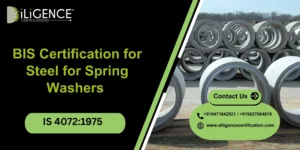
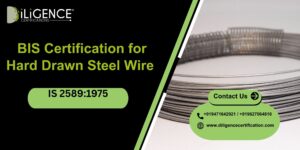
 BIS Certification
BIS Certification
 CDSCO
CDSCO
 CPCB
CPCB
 LMPC
LMPC
 WPC Approval
WPC Approval
 Global Approvals
Global Approvals
 TEC
TEC
 ARAI
ARAI
 BEE
BEE
 ISO Certification
ISO Certification
 Drone Registration
Drone Registration
 NOC For Steel
NOC For Steel



















 Business Registration
Business Registration















 Legal Services
Legal Services
 Trademark Registration
Trademark Registration
 Copyright Registration
Copyright Registration
 Patent Registration
Patent Registration
